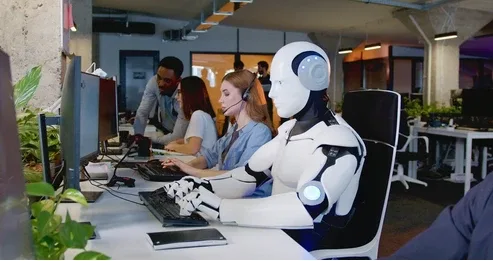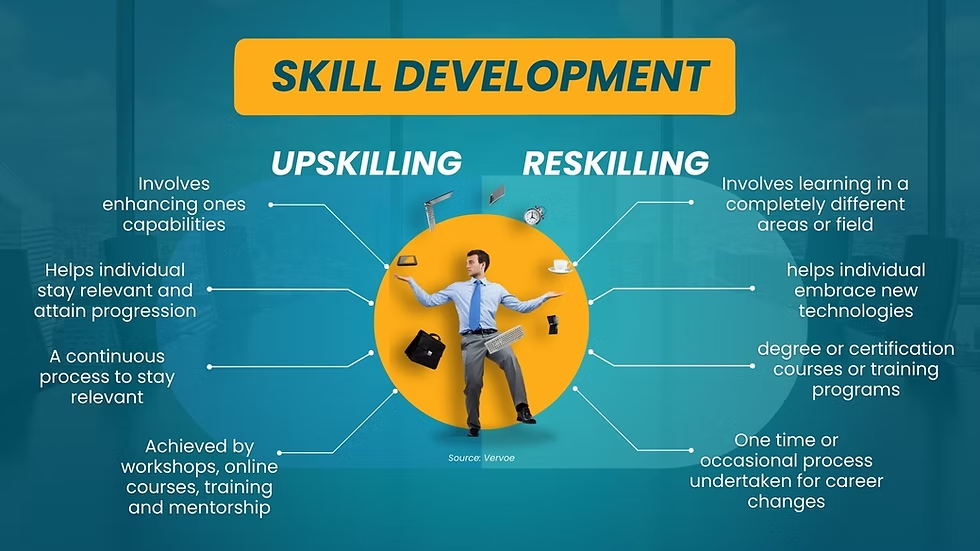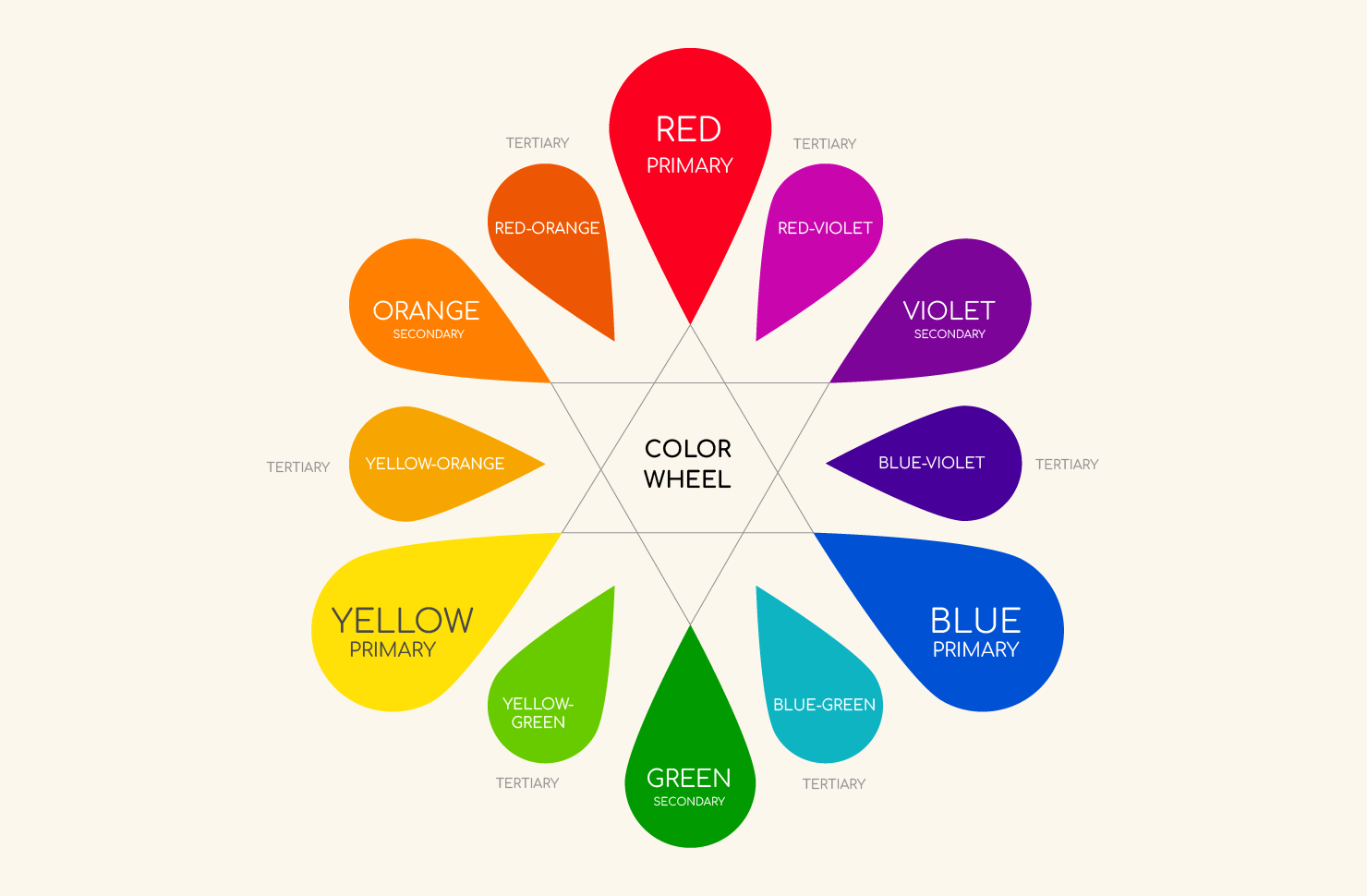The Impact of AI on the Future of Work: Opportunities and Challenges
Introduction
rtificial Intelligence is no longer confined to labs and sci-fi films—it’s becoming a major force in reshaping how we work, hire, collaborate, and grow businesses. As AI adoption accelerates, industries across the globe are experiencing both exciting new opportunities and complex challenges.
In this article, we explore the real impact of AI on the future of work—how it’s transforming job roles, enhancing productivity, and pushing us to rethink the nature of employment itself.
🔄 Automating Repetitive TasksIntroduction
One of AI’s most immediate impacts is its ability to automate repetitive and time-consuming tasks, freeing up employees to focus on more strategic, creative, or interpersonal work.
Key Examples:
-
AI-powered chatbots handling customer support
-
Automated data entry and document processing
-
Machine learning tools sorting resumes and applications
Result: Increased efficiency and reduced human error in back-office operations.
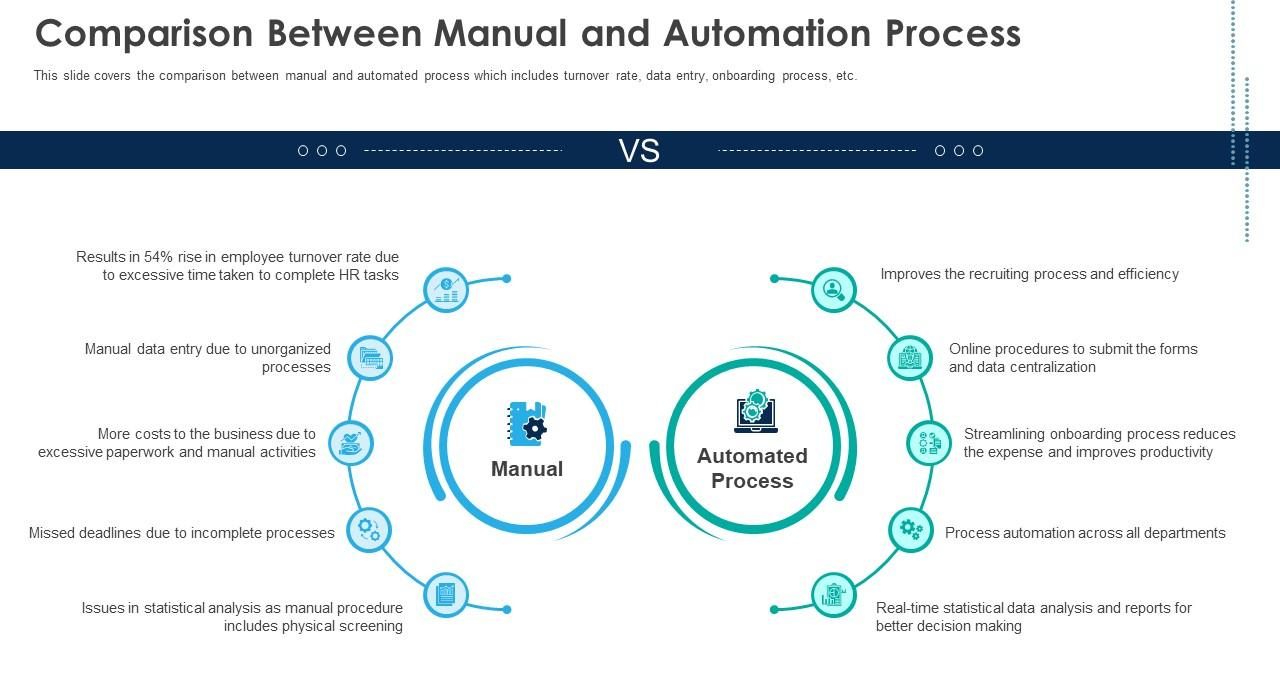
📈 Augmenting Human Capabilities
AI isn’t just about replacement—it’s about enhancement. Advanced algorithms can help workers make better decisions, gain insights faster, and manage larger volumes of information.
How It Helps:
-
Sales teams use AI to predict customer behavior
-
Financial analysts gain real-time insights from large datasets
-
Marketing teams use AI to personalize campaigns at scale
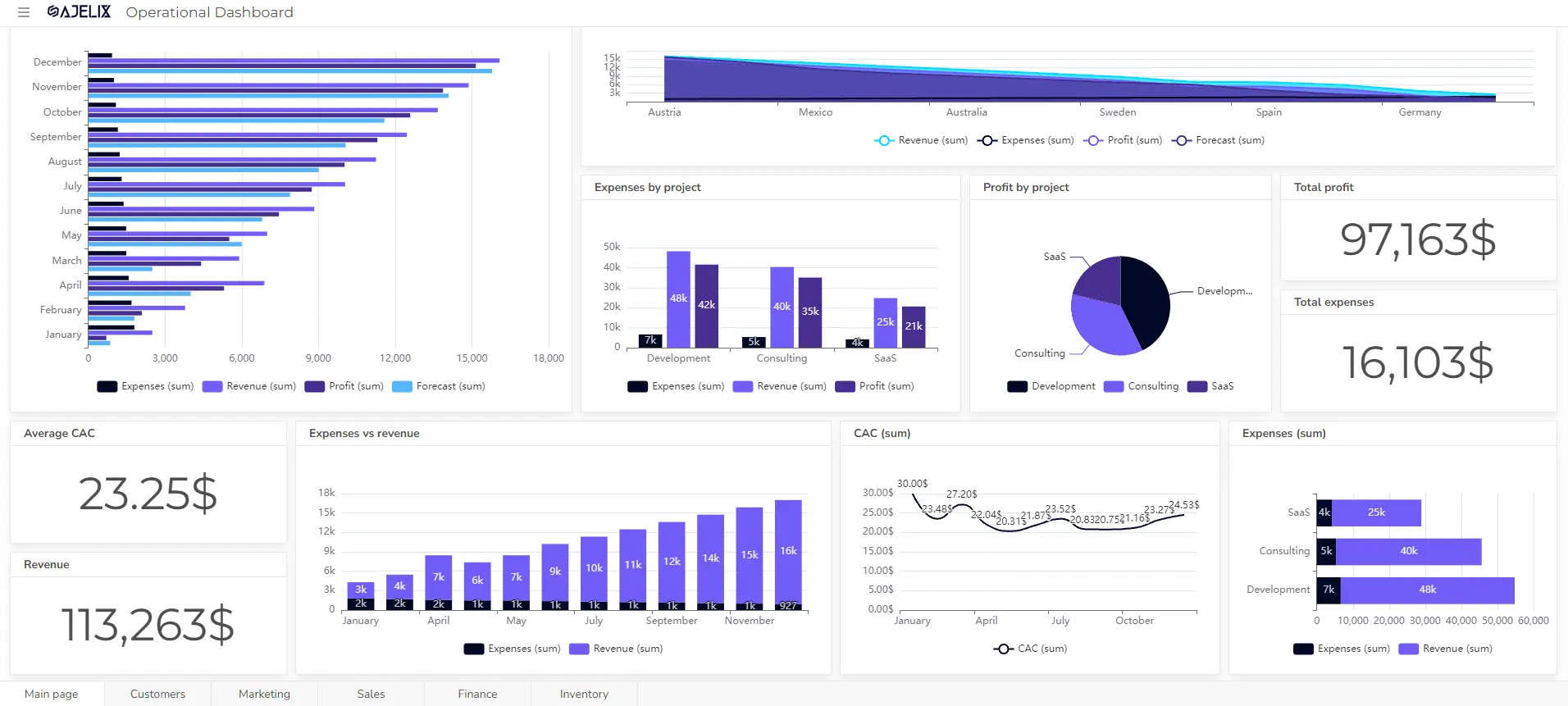
🌍 Redefining Job Roles and Skills
As AI continues to evolve, new job roles are emerging while others are being redefined. Workers of the future will need to adapt by learning new skills—particularly those that AI can’t easily replicate.
In-Demand Skills:
-
Data literacy and critical thinking
-
Creativity and innovation
-
Emotional intelligence and interpersonal communication
-
Human-centered design and ethics
🧠 The Rise of AI in Recruitment and HR
AI is now helping organizations streamline the hiring process, reduce bias, and improve employee retention.
Key Developments:
-
AI resume screening and candidate ranking
-
Virtual interview assistants
-
Predictive analytics for employee satisfaction and performance
Challenge: Ensuring these tools promote fairness and transparency.
🏢 Remote Work and AI-Driven Collaboration
With the rise of hybrid and remote work, AI is also shaping how teams collaborate from different locations.
How It’s Changing the Workplace:
-
Smart scheduling and meeting transcription
-
Real-time language translation
-
AI project management tools that automate task assignments
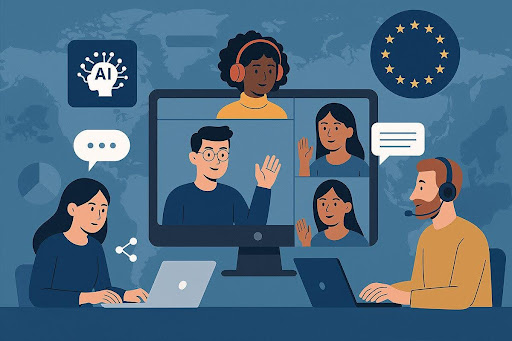
⚠️ Ethical Concerns and Workforce Displacement
AI does bring concerns—job displacement is the biggest. Roles with high repetition and low complexity are at risk, especially in manufacturing, retail, and administrative sectors.
Ethical Questions to Address:
-
How do we protect displaced workers?
-
Who is accountable for AI decisions in the workplace?
-
How can we ensure AI systems are inclusive and bias-free?
🔮 Looking Ahead: Balancing Innovation and Inclusion
The future of work won’t be AI vs. humans—it will be about humans working alongside AI, supported by policies that protect workers and encourage continuous learning.
What’s Next:
-
Governments and businesses investing in reskilling programs
-
Expansion of AI literacy in education and training
-
Cross-industry collaboration to set ethical AI standards
Final Thoughts 🌟
AI is fundamentally changing the way we work, but it doesn’t have to be a threat. With the right mindset, education, and safeguards in place, AI can empower us to be more creative, more human, and more impactful in our careers. The real opportunity lies in learning to adapt—and lead—in an AI-enhanced future.
editor's pick
news via inbox
Nulla turp dis cursus. Integer liberos euismod pretium faucibua
